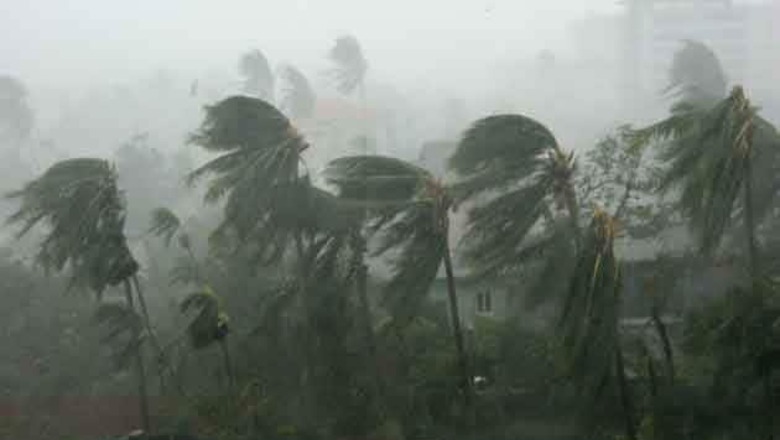
views
Hyderabad: USA-based catastrophe modelling firm AIR Worldwide has estimated that insurance companies may take a hit of around Rs 2,400 crore due to Cyclone Hudhud which recently battered Andhra Pradesh and Odisha coasts.
AIR Worldwide's insured loss estimates assume that an insurance penetration of 3% for residential lines, 20% for commercial, and 30% for industrial segments, the Boston-based catastrophe modeller said in a statement today.
The range in the modelled insured losses reflects uncertainty in the meteorological parameters associated with the event. For insured loss estimation, there is additional uncertainty in the take-up rates (insurance penetration) in the country.
These insurance take-up rates are somewhat higher than state-wide insurance penetration rates and reflect the fact that majority of losses are from Visakhapatnam, which has higher insurance penetration compared to the average elsewhere in Andhra Pradesh.
"The very severe Cyclone Hudhud made its landfall on October 12, near Vizag with maximum sustained winds of 87 knots, according to the India Meteorological Department," AIR Worldwide Assistant Vice President and Senior Principal Scientist Peter Sousounis said in the statement.
A crucial component of providing an accurate insured loss estimate is ascertaining the storm's exact strength at landfall. However, this is challenging, because there are discrepancies in the storm's reported intensity from various agencies due to satellite-based algorithms, parameter estimation and averaging times, AIR Worldwide said.
Majority of the insured damage caused by Cyclone Hudhud is concentrated in Vizag, AIR Worldwide India Managing Director and Senior Vice-President Praveen Sandri said, adding that about 48,000 homes were damaged in Odisha's southern districts, the statement said.
To estimate insured losses due to Cyclone Hudhud, AIR Worldwide used track information from the IMD and a formula derived for North Indian Ocean basin tropical cyclones, which relates central pressure to maximum gradient wind speed. This formula is a justifiable choice since central pressure is a more reliable parameter than wind speed for estimating storm intensity, as barometers are much more durable than anemometers, the statement said.
The AIR Worldwide formula has been validated using data from the IMD for previous storms in which anemometers have remained intact. AIR Worldwide also used the IMD track information to consider several different scenarios that reflect a range of Rmax values, the statement said.




















Comments
0 comment